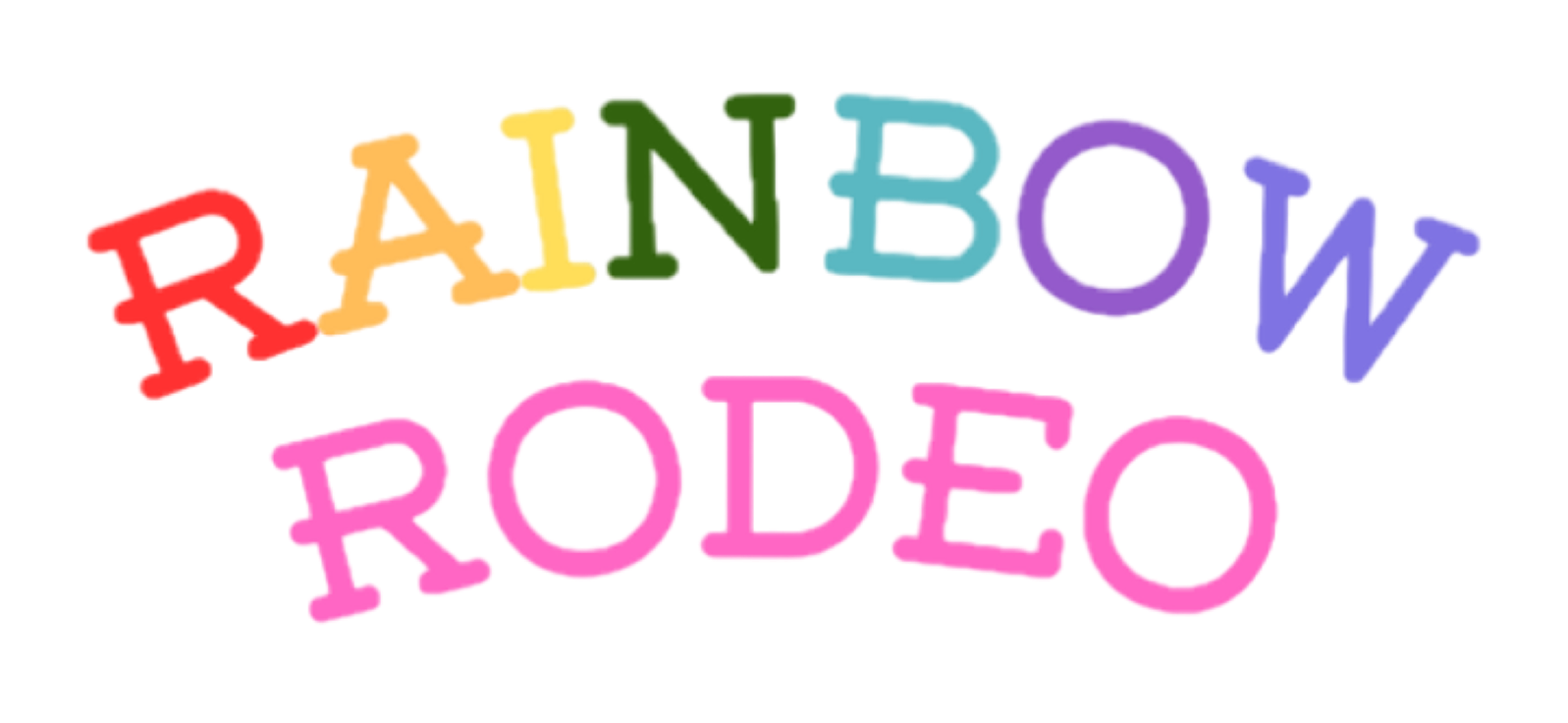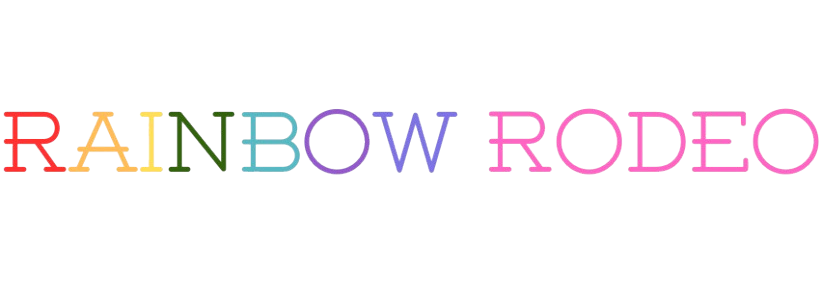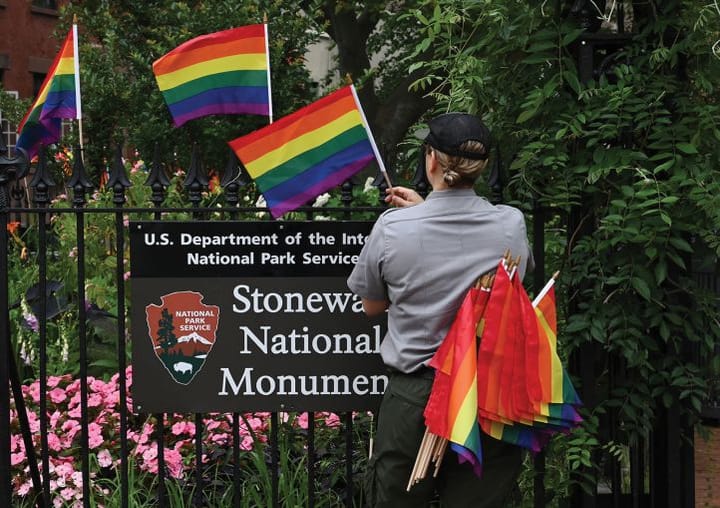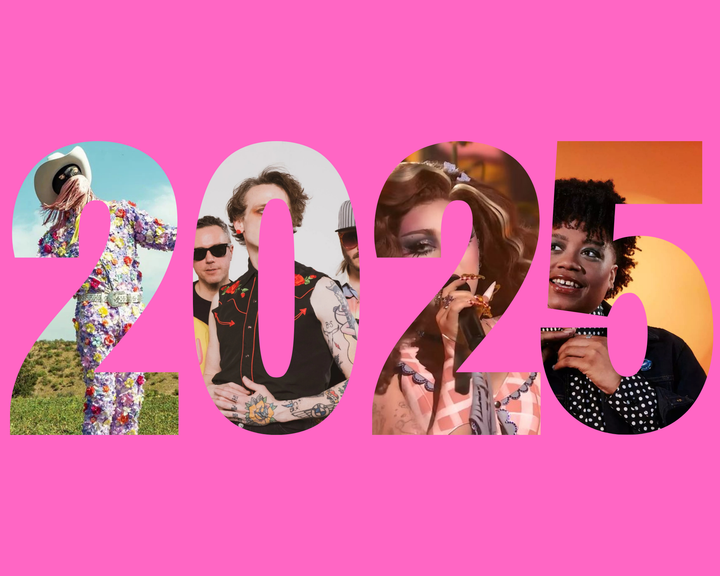OPINION: Are Cowboys Really Frequently Fond of Each Other?
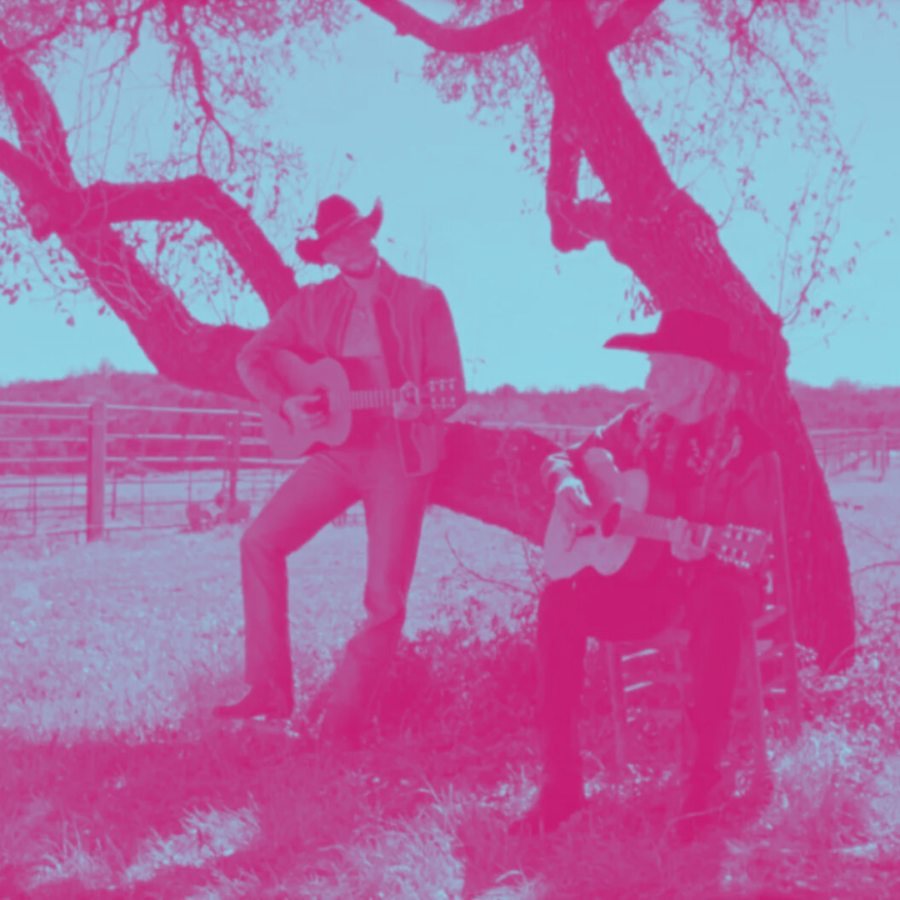
Are cowboys really frequently secretly fond of each other?
Although it might sound just like a funny little song at first, Cowboys Are Frequently Secretly Fond Of Each Other reinforces several outdated misconceptions about gender and sexuality if you take a closer listen.
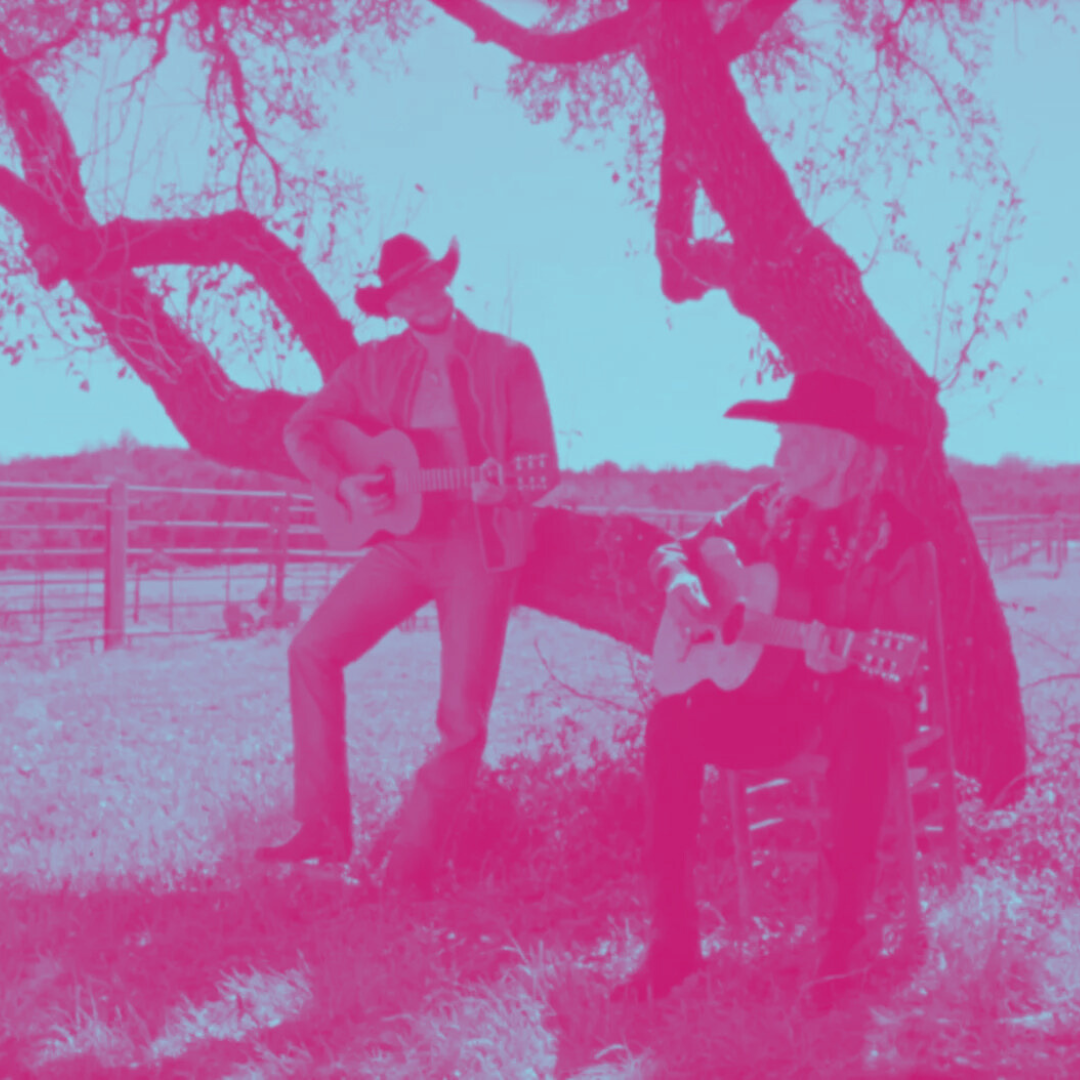
Regarded as the “gay country song” by those who know it, and for that reason covered by a variety of queer artists, the tune found new listeners with its latest rendition featuring Orville Peck and Willie Nelson. Nelson had already released his own solo version back in 2006, trying to surf on the wave of the Brokeback Mountain movie. Written in the 80s, the song was already 25 years old at that time, and is today a four-decade-old piece.
Maybe for that reason, the song presents some ideas that are not shared by the majority of LGBTQPIA+ people nowadays. While there are some valid attempts at shedding light on inclusivity and acceptance, it also poses some false conceptions.
For starters, the first verse blurs the distinction between sex/gender, and sexuality by referring to queer people as “somebody who falls between sexes”. That statement implies that every non-straight person is also gender non-conforming, which is simply not true. Although they can overlap for some people, sexual orientation is not inherently linked to gender identity.
Later on, the song also expresses that “inside every man there’s a feminine” and “inside every lady there’s a deep manly voice”, bringing up the essentialist idea that there are intrinsically male or female behavioral attributes. This notion overlooks the fact that many characteristics marked as male or female are in fact the results of cultural and social norms.
The chorus manages to bring the two misconceptions mentioned above and mix them up together. By stating that “inside every lady there’s a cowboy who wants to come out and inside every cowboy there’s a lady that’d love to slip out”, the song fails to recognize gender expression as a spectrum, solidifying the binary male/female view through the lady/cowboy distinction, making it impossible for someone to show predicates from both tropes without automatically falling under the label of sexual inadequacy.
Another dubious statement made in the song is that cowboys “who brag loudest are the ones that are most likely queer”. While it may be true that some people disguise their queerness by presenting prejudiced behavior, there are a lot of bigots whose perspective is solely based on ignorance and hatred. Focusing on someone’s supposed internalized homophobia may distract us from the harm they pose with their views and actions.
It’s not the end of the world to sing and listen to a song like this, but it’s also worth wondering if this is the message we wanna keep carrying for the next years and decades. In another forty years, is that the song that will still be covered by queer country artists? Will its message still be reproduced uncritically? Moreover, is the song written by a straight man the one we will still be choosing to represent the queer movement in country music? Only time will tell, but I’d rather think not.
[It’s also hard to square the seemingly inclusive song with “Ain’t Goin’ Down on Brokeback Mountain,” in which Willie sings “that shit ain’t right.” The song is from the same 2009 album, Lost Highways, that features “Cowboys.” — Rachel]
